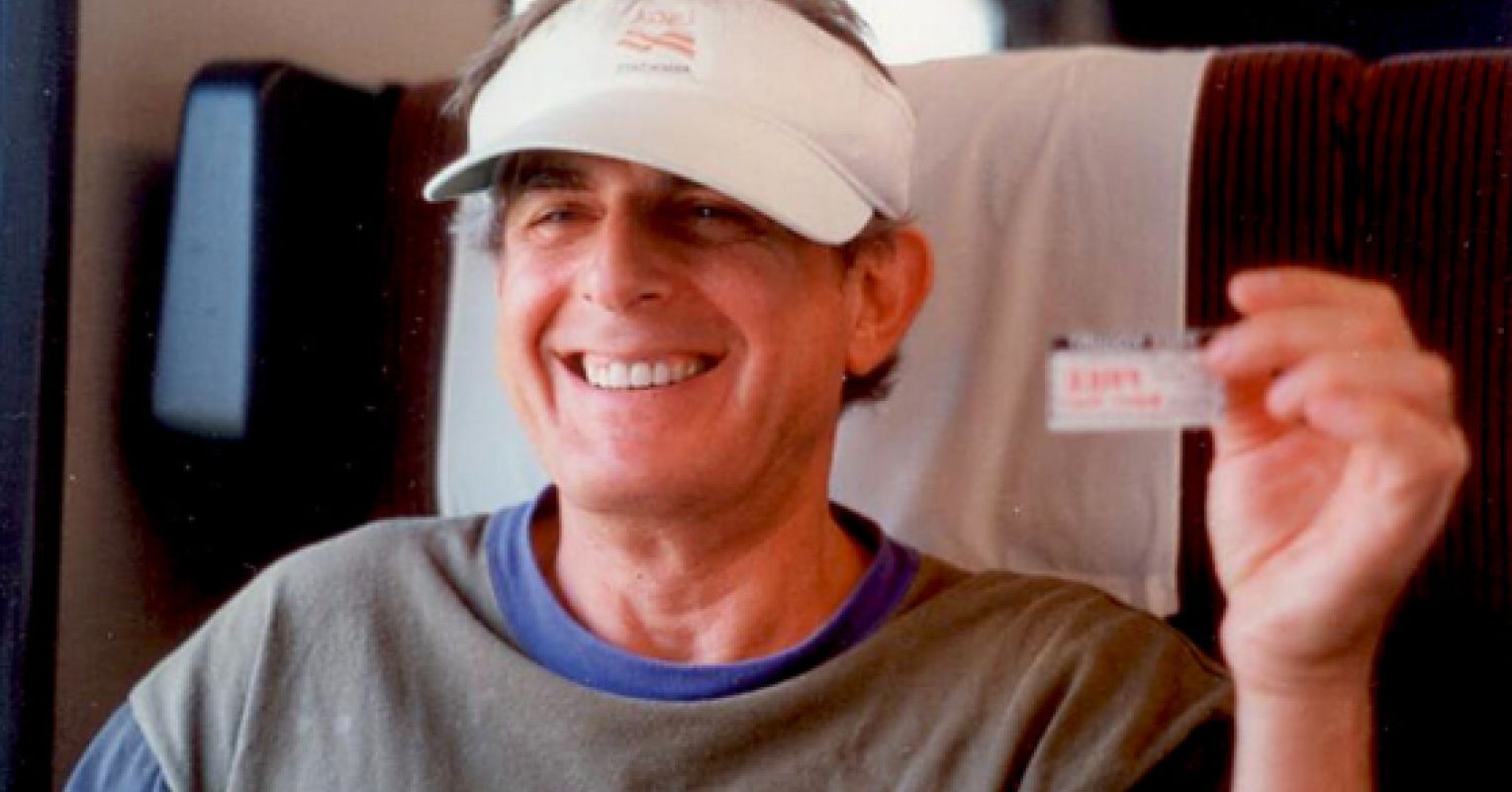
"Even as a child, I remember thinking, and when you don't, everyone else does. I lived in this heightened state of fear for most of my childhood, learning to anticipate danger as a matter of survival. I scanned for every possible sign-the tone of voice, the sound of footsteps, the look on his face. I could sense the smallest shifts in mood, often before anyone else noticed."
"As an adult entering the workforce, I discovered that the same hyperawareness that had once kept me safe now helped me lead. I could walk into a room and feel the emotional temperature instantly. I could anticipate what might go wrong in a project, where tensions might flare, and what people needed before they asked. Psychologists have documented this. Children raised in unpredictable environments develop hypervigilance to threat cues, creating lasting changes in the brain's stress systems (McLaughlin et al., 2015)."
Growing up with a father who had bipolar disorder produced constant fear and a need to anticipate danger. The child learned to read subtle cues—tone, footsteps, facial expressions—and developed persistent hypervigilance. Divorce and long estrangement reduced exposure but left lasting survival skills. Those skills later translated into workplace strengths: emotional attunement, foresight about risks, and anticipating colleagues' needs. Research shows unpredictable childhoods can rewire stress systems and heighten threat detection. Survival skills require the right context to be assets, and painful histories can be reframed without denying the pain to become useful strengths.
Read at Psychology Today
Unable to calculate read time
Collection
[
|
...
]